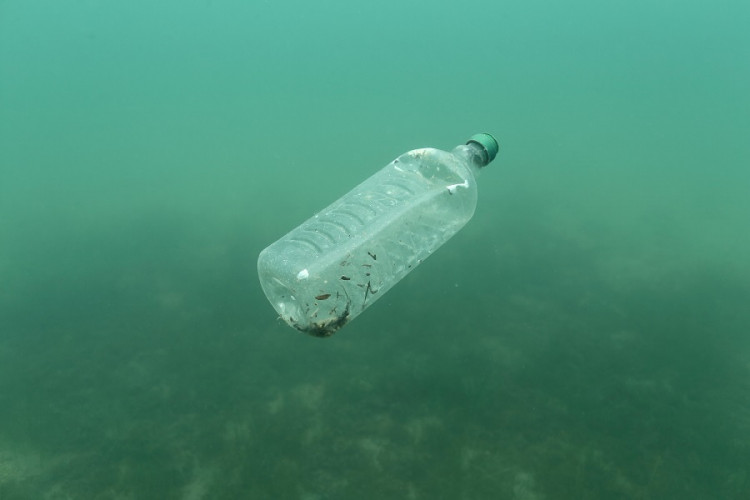Cambodia has decided to take action on its citizens' calls for the Kingdom to adopt international waste compliance measures as global warming continues to pose threats to the environment.
According to the Bangkok Post, the United Nations' Intergovernmental Panel on Climate Change's (IPCC) forecast on increasing temperatures pushed the Cambodian government to explore initiatives revolving around the circular economy.
In March, the government took the first step in exploring waste management initiatives to help reduce the country's waste. Recycling is another option that the country is currently looking into.
"It is a great effort for a small country like Cambodia to take the lead in promoting high-end organic products," United Nations Development Program in Cambodia resident representative, Nick Beresford, said of the government's move of making a change, Capital Cambodia reported.
For Beresford, Cambodia can look into resource efficiency programs, the promotion of clean and renewable energy, and nationwide use of the 4Rs (refuse, reuse, recycle, and reduce).
Deputy Secretary of the Secretariat of the National Council for Sustainable Development, E Vuthy confirmed that Cambodia is committed to transitioning into a circular economy wherein waste can be transformed into the country's "source of raw material."
While Vuthy cannot provide an exact date for Cambodia to finally reach its goal of a circular economy, the government is currently working to increase its efforts in raising awareness about the effects of global warming.
Kaing Monika, Deputy Secretary-General of Garment Manufacturers Association of Cambodia, noted that the global market now demands that its partners adhere to environmental regulations.
Kaing cited Adidas and H&M as two of the many global brands that demand its Cambodian partners to ensure that waste management measures are practiced in the manufacturing plant.
As if in response to the call, three Cambodian companies have pioneered sustainability in business. According to SEA Globe-News, these firms are Thalias Hospitality Group, Farm to Table, and Meal Temple.
The goal of these three firms is to reduce plastic and non-recyclable waste as much as possible to help Cambodia achieve its goal of a circular economy that sees consumers with high regard for the environment.
Thalias, for example, has an ambassador that works solely for the waste management team. On a monthly basis, Thalias recycles over 50 kg of plastic bottles and 25 kg of metal cans. Farm to Table, on the other hand, offers composting workshops and seminars for consumers and other companies.
Finally, Meal Temple spearheaded change in the online food delivery market by switching to electric motorcycles. CEO and Founder Maxime Rosburger revealed that the firm's savings have grown substantially ever since it changed into EV vehicle use.






